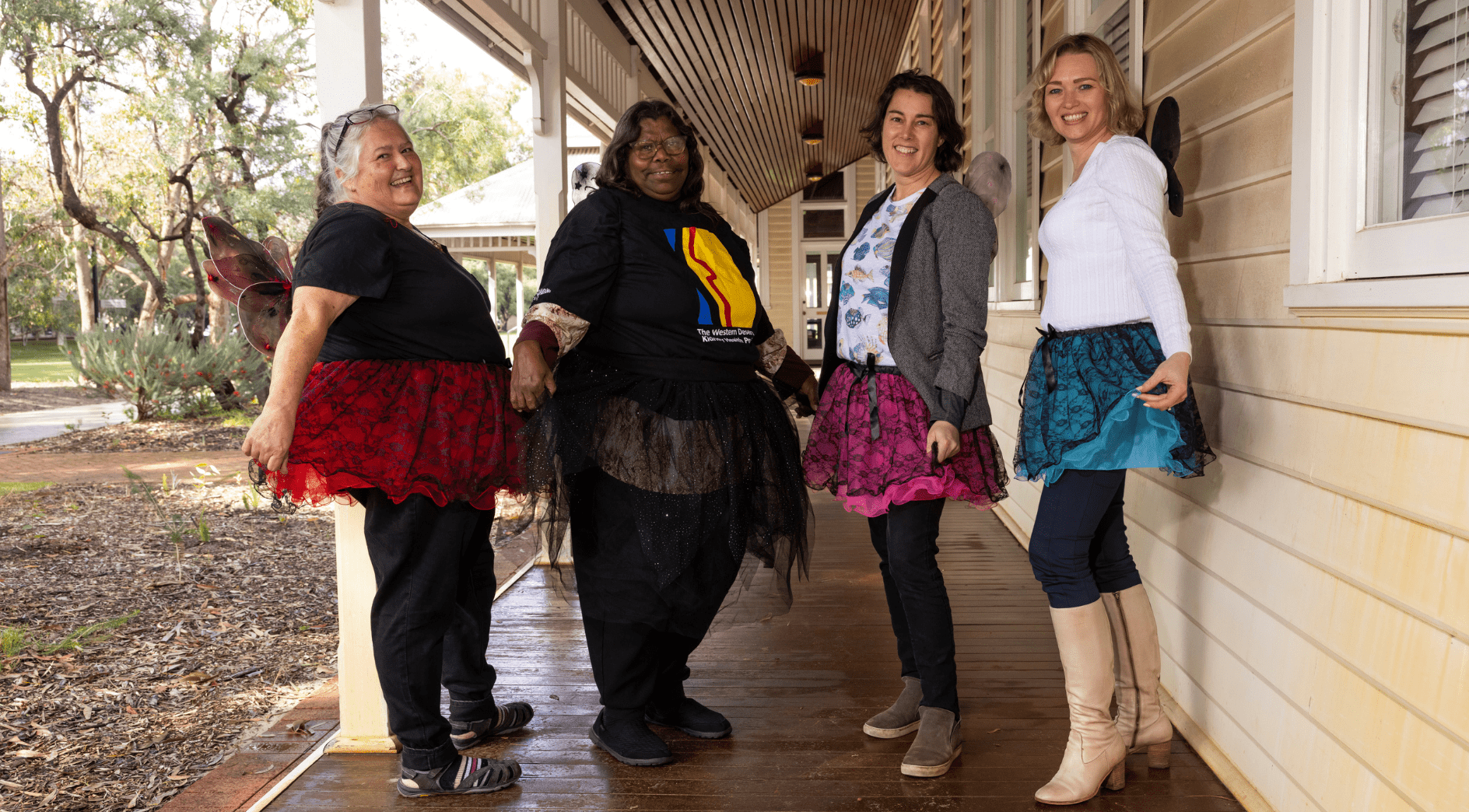Search
Showing results for "early life"

This study examines the impact of nutrition-related maternal, infant and childhood health outcomes and healthcare utilisation.

This Australian-first study will simultaneously identify childhood exposure to heavy metals in regional and remote communities and provide these communities with training in drinking water quality, STEM and dental hygiene.
Research
The impact of maternal prenatal mental health disorders on stillbirth and infant mortality: a systematic review and meta-analysisEvidence about the association between maternal mental health disorders and stillbirth and infant mortality is limited and conflicting. We aimed to examine whether maternal prenatal mental health disorders are associated with stillbirth and/or infant mortality. MEDLINE, Embase, PsycINFO, and Scopus were searched for studies examining the association of any maternal prenatal (occurring before or during pregnancy) mental health disorder(s) and stillbirth or infant mortality. A random-effects meta-analysis was used to calculate pooled odds ratios (ORs) with 95% confidence intervals (CIs). The between-study heterogeneity was quantified using the I2 statistic. Subgroup analyses were performed to identify the source of heterogeneity.
Research
Parental Perspectives on Children’s School Readiness: An Ethnographic StudySchool readiness is a construct used by educators and policy makers to describe a range of abilities that are beneficial for children transitioning to school. The association of socioeconomic disadvantage with developmental vulnerability when children start school is well established. Parents play a crucial role in supporting children’s transition to school and are acknowledged as their child’s first and foremost teacher.
Research
Risk factors for low receptive vocabulary abilities in the preschool and early school years in the longitudinal study of Australian childrenReceptive vocabulary development is a component of the human language system that emerges in the first year of life and is characterised by onward expansion...
Research
Community Priority setting for Fetal Alcohol Spectrum Disorder Research in AustraliaIntroduction Fetal Alcohol Spectrum Disorder (FASD) is a neurodevelopmental disorder caused by prenatal alcohol exposure (PAE). FASD research is a rapidly growing field that crosses multiple disciplines. To ensure research is relevant and meaningful for people living with FASD, their families, and the broader public there is a need to engage community members in setting priorities for research.

By participating in ORIGINS, you are contributing to one of the largest and most comprehensive birth cohort studies ever.
Research
Frequency of protracted bacterial bronchitis and management pre-respiratory referralTo determine the frequency of protracted bacterial bronchitis (PBB) in children referred to tertiary care with chronic cough and describe management prior to referral. A retrospective cohort study of all new patients with a history of ≥4 weeks of cough seen at the only tertiary paediatric outpatient respiratory service in Western Australia.
Research
Duration of protection after first dose of acellular pertussis vaccine in infantsWithout a booster dose, the effectiveness of 3 doses waned more rapidly from 2 to 4 years of age than previously documented for children >6 years of age who...
Research
Thoracic Society of Australia and New Zealand (TSANZ) Guidance for the Management of Electronic Cigarette Use (Vaping) in Adolescents and AdultsElectronic cigarette use, especially among younger members of society, has grown to concerning levels in many countries, including Australia and New Zealand. Uptake in the general population, driven by technological and pharmacological innovations, and accelerated by aggressive tobacco/vaping industry marketing, has outpaced medical research.
